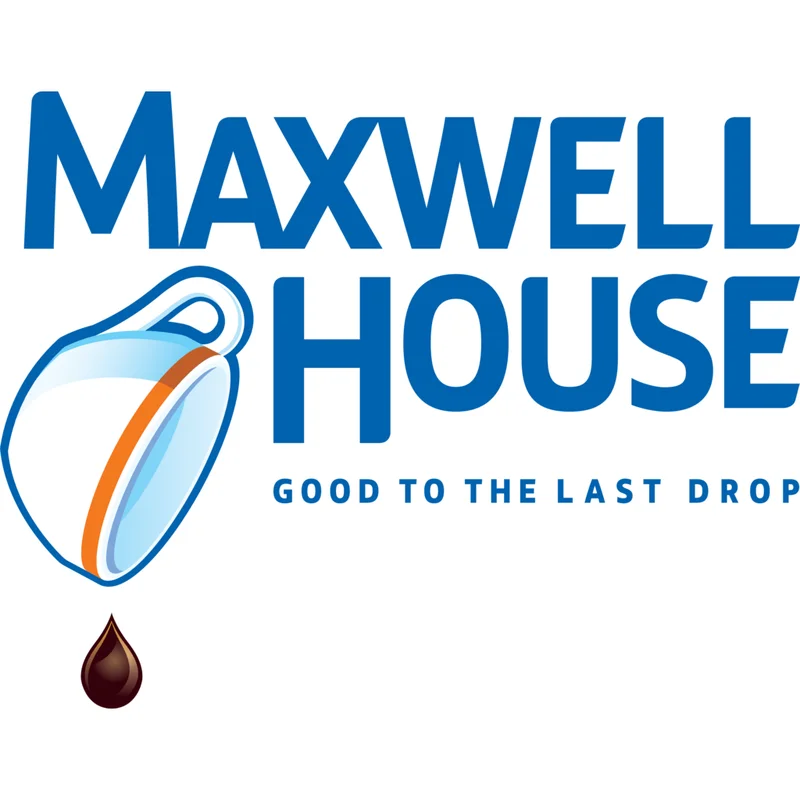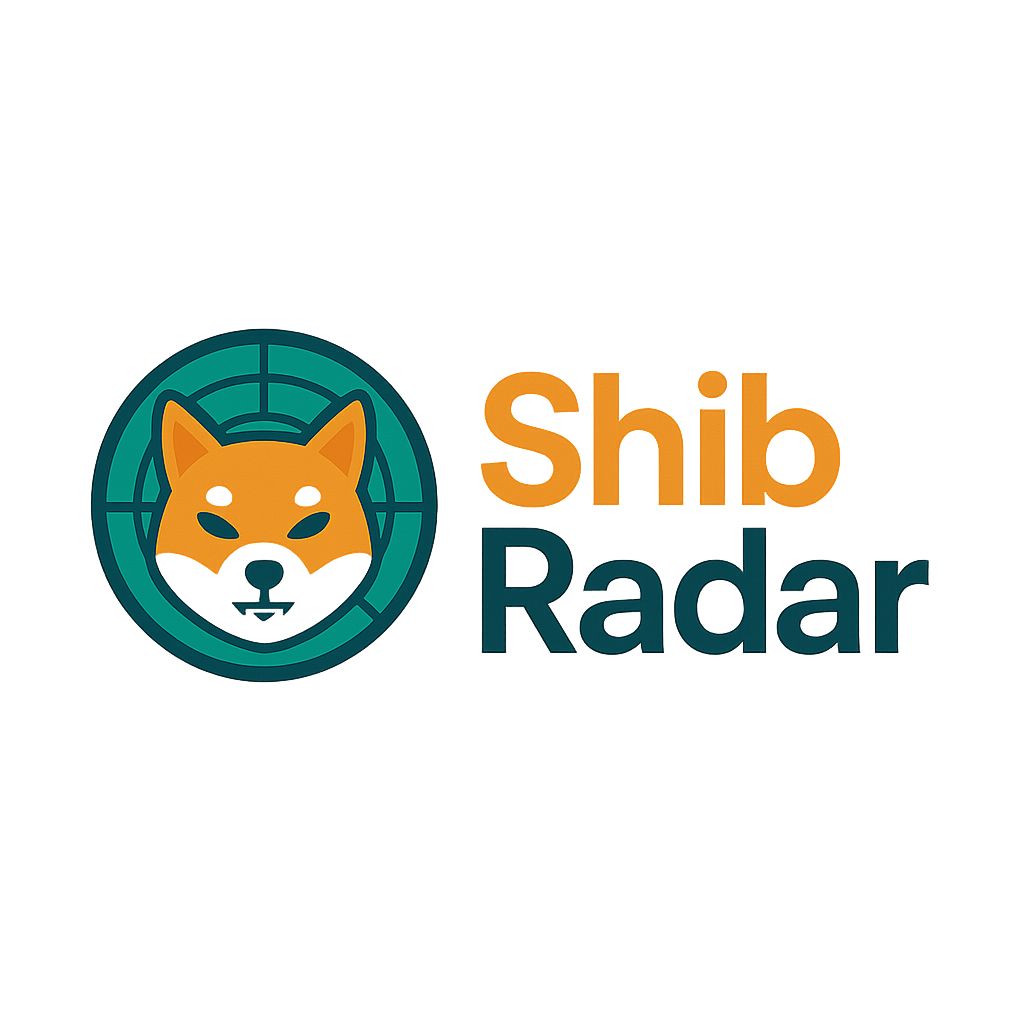BEYOND THE BREW: HOW A COFFEE BRAND'S 'CYNICAL' REBRAND ACCIDENTALLY REVEALED THE FUTURE OF DIGITAL IDENTITY
When I first saw the headlines, I honestly just laughed. “Maxwell House is now Maxwell Apartment.” It had all the hallmarks of a satirical piece from The Onion. A 133-year-old coffee institution, a name synonymous with grandparents’ kitchens and classic Americana, suddenly pivoting to sound like a real estate listing? It felt absurd, a joke that wrote itself. And for a moment, that’s all I thought it was.
Then I saw it was real.
The immediate reaction from the internet was, predictably, a mix of bewilderment and sharp criticism. Many saw it as a deeply cynical marketing ploy. A multi-billion dollar corporation, as one journalist at Sprudge put it, was capitalizing on a housing crisis where nearly a third of Americans rent, many not by choice. The campaign, which offers a year's supply of coffee as a "12-month lease," complete with a novelty "lease" to sign, felt like it was poking fun at a generation's economic anxieties. And yes, on the surface, that critique is entirely valid. It’s a clumsy, perhaps even tone-deaf, execution.
But then I looked past the coffee, past the marketing-speak, and I focused on that one, weird little detail: the lease. And that’s when my entire perspective shifted. This is the kind of breakthrough that reminds me why I got into this field in the first place. Because what if this isn't just a gimmick? What if this clumsy, corporate attempt at being "relatable" is actually a primitive, accidental prototype for one of the most profound shifts in how we interact with brands, communities, and even identity itself?
Stay with me here. We're looking at a brand that isn't just selling a product; it's selling membership packaged as a product. The "Maxwell Apartment bundle" isn't just four canisters of coffee; it's a symbolic deed. Right now, that "lease" is just a piece of paper (or, more likely, a PDF). It’s a novelty. But what does it represent? It represents a formal, contractual relationship between a consumer and a brand that goes beyond a simple transaction.
This is like looking at the first-ever GeoCities page. It was clunky, covered in blinking GIFs, and seemed trivial at the time. But it was a foundational step toward personal digital real estate. This "lease" is the blinking GIF of branded digital identity. Imagine that lease wasn't a PDF, but a smart contract—in simpler terms, a self-executing digital agreement that lives on a secure network. Signing it wouldn't just get you coffee; it would mint you as a "resident" of the Maxwell House digital ecosystem.

What would being a "resident" even mean? This is where it gets truly exciting because suddenly you're not just a customer you're a resident a stakeholder a member of a digital micro-nation built around a shared taste for coffee and that changes the entire relationship between consumer and company from a one-way broadcast to a two-way collaboration.
Could your "lease" grant you access to an exclusive Discord server where you vote on the next blend? Could it be the key to a virtual "apartment" in a metaverse, a social space to hang out with other fans? Could it evolve into a form of digital shareholding, giving you a tiny but real stake in the brand's future direction? We're so used to thinking of brands as things we buy from. What happens when they become places we belong to?
Of course, this path is loaded with ethical questions. We must be architects of this future, not just passive observers. If our identities become intertwined with corporate "states," who ensures our digital rights are protected? Who owns the data generated in these branded ecosystems? The potential for exploitation is massive, and it demands a framework of digital citizenship built on transparency and user control.
According to a report from 10News.com, the promotional bundle sold out almost immediately. The demand wasn't just for coffee; it was for the novelty, the story, the chance to be part of something quirky and new. People wanted to sign the lease. They wanted in.
The "Maxwell Apartment" campaign will end. The name will revert. But the door it accidentally opened will not close. We just witnessed a major corporation stumble backward into the future of community, identity, and digital ownership. They thought they were selling coffee. They were actually testing the blueprint for the next generation of the internet.
The Birth of the Brand-State
Forget seeing this as a cringey marketing stunt. See it for what it is: the earliest, most awkward signal of a world where our allegiances and identities are no longer defined just by geography, but by the digital communities we choose to inhabit and the brands we empower to build them. They just served us the first cup.
